The Federal Reserve's federal funds rate has been a major focus since rate hikes began approximately two years ago. However, the Fed recently announced that it is once again pausing rate hikes, marking the fourth consecutive time, and the future direction of rates remains uncertain.
While making this decision, the central bank emphasized that the current inflation rate is still too high. Consequently, there are no plans to reduce rates until inflation approaches 2% annually.
This has significant implications for consumers, particularly concerning variable interest debt like credit card balances. But what exactly does the current pause in interest rates mean for credit card users?
"Ultimately, with changes in the fed funds rate, the prime rate also changes, affecting the APR on your credit card," explains John Jones, an investment advisor representative at Heritage Financial.
Credit card companies typically calculate interest as the prime rate plus a markup. For example, a lender might charge the prime rate plus 15.99%. Since the federal funds rate is not changing, the prime rate is likely to remain around 8.50%. Consequently, the credit card in this example would still charge a total of 24.49%.
As a result, it appears that high credit card interest rates and minimum payments will persist, at least until inflation moderates further.
3 tips to help you eliminate debt quickly
The current news doesn't favor swift debt repayment. If you're looking to pay off your debt promptly, here are some steps you can take:
Enroll in a debt relief service
Debt consolidation involves negotiating with lenders to reduce interest rates and improve payment terms. A payment plan is then created, and payments are made to the consolidation company, which pays creditors until the debts are settled.
Debt settlement involves creating a payment plan with a debt relief expert, who negotiates settlements with creditors on your behalf. While this can impact your credit score, it may lead to significant time and money savings.
Stop using your credit cards:
To avoid accumulating new debt, refrain from using your credit cards for unnecessary purchases. One creative method is to freeze your credit cards in a block of ice, making it less convenient to use them impulsively.
Find opportunities to save money
Identify areas in your budget where you can cut costs to free up funds for debt repayment. This might include making coffee at home, bringing lunch to work, canceling unused subscriptions, and opting for generic products.
While credit card interest rates are unlikely to decrease with the current pause in federal funds rate hikes, you have options to manage high-interest debt. Implementing the tips above can help you start paying off your credit cards more efficiently.


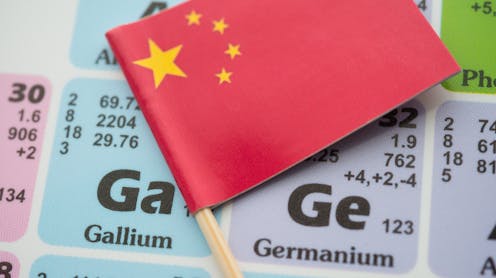


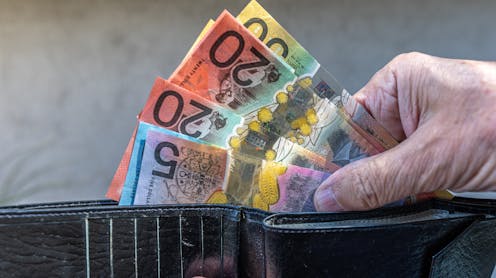
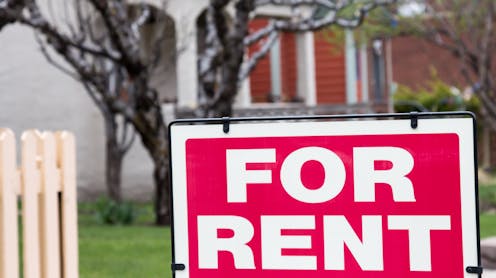
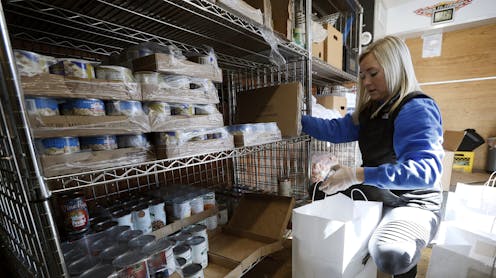


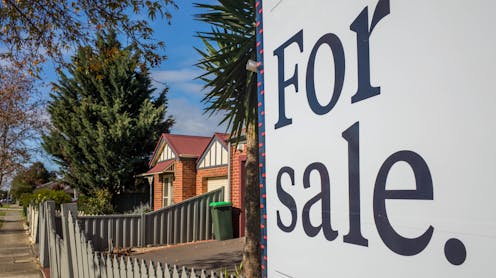







 English (United States) ·
English (United States) ·